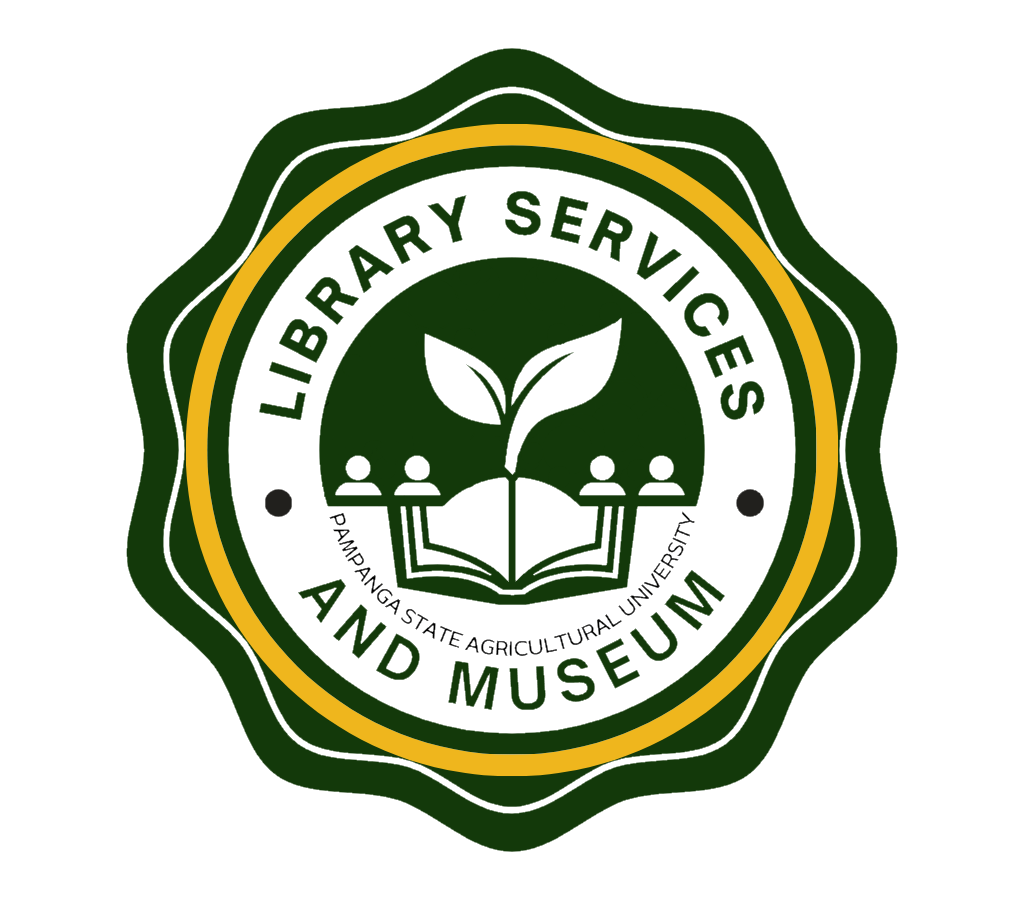College composition & communication / (Record no. 16371)
[ view plain ]
| 000 -LEADER | |
|---|---|
| fixed length control field | 04035nas a2200205 a 4500 |
| 001 - CONTROL NUMBER | |
| control field | 136074 |
| 003 - CONTROL NUMBER IDENTIFIER | |
| control field | 0000000000 |
| 005 - DATE AND TIME OF LATEST TRANSACTION | |
| control field | 20250408094730.0 |
| 006 - FIXED-LENGTH DATA ELEMENTS--ADDITIONAL MATERIAL CHARACTERISTICS | |
| fixed length control field | s r n 0 0 |
| 008 - FIXED-LENGTH DATA ELEMENTS--GENERAL INFORMATION | |
| fixed length control field | 230728n r p 0 0eng d |
| 022 ## - INTERNATIONAL STANDARD SERIAL NUMBER | |
| International Standard Serial Number | 0010-096X |
| 245 00 - TITLE STATEMENT | |
| Title | College composition & communication / |
| Statement of responsibility, etc. | Editor, Jonathan Alexander. |
| 260 ## - PUBLICATION, DISTRIBUTION, ETC. | |
| Place of publication, distribution, etc. | Urbana, IL : |
| Name of publisher, distributor, etc. | National Council of Teachers of English, |
| Date of publication, distribution, etc. | February 2019. |
| 300 ## - PHYSICAL DESCRIPTION | |
| Extent | 323-515 page ; |
| Dimensions | 23 cm. |
| 490 0# - SERIES STATEMENT | |
| Volume/sequential designation | V.70, No.3 |
| 500 ## - GENERAL NOTE | |
| General note | 1. Writing to Assemble Publics: Making Writing,Activate, Making Writing Matter. Laurie E. Gries In this article, I weave new materialist theories about assemblage, community, agency, and rhetorical responsibility to argue for pedagogies that foreground writing to assemble publics and offer direct rhetorical training in campaign organizing, In describing three student activist campaigns, I demonstrate how this pedagogy challenges students to create socio-material assemblages that entice bodies into collective action-a challenge that demands tactile agility, creative activism, and often metanoic revision.--2. Using Objective-Motivated Knowledge Activation to support Writing Transfer in FYC. Jerry Stinnett This article theorizes how students know when to activate knowledge acquired in FYC courses. Addressing knowledge activation as motivated by pursuing activity-specific objectives, the author calls for situating students' encounter with and acquisition of rhetorical knowledge and practices of writing as knowledge of how to perform activities other than writing.--3. Material Relive Differences through a material flashback. Zhaozhe Wang. Through an ecological and autoethnographic analysis of a repository of diachronically archived texts written over a period of six years in multiple cultural, geographical, and disciplinary contexts, the author unfolds his materialized experiences of coming to terms with, embracing, and composing with rhetorical differences as spatiotemporal relationality and affordances.--4. Documenting and Discovering Learning: Reimagining the Work of the Literacy Narrative. Julie Lindquist and Bump Halbritter. We suggest that literacy narratives can be an important part of a curriculum designed to encourage students to understand themselves as developing learners and students. We know that there is great potential for literacy narratives-for narrativizing-when invited within a scaffolded curriculum of collaborative narrative inquiry. We place literacy narratives in the service of documenting learning-that is, within a pedagogical scaffolding designed to lead students through a series of moves that feature inquiry and discovery (about literacy). As such, the literacy narrative that emerges as most important is the final reflective narrative: the one we have spent all semester preparing students to write. That act of deferral creates an opportunity to put the literacy narrative (LN) assignment to different earlier use as a means for creating an ongoing, experiential literacy-learning narrative that will be realized as a reflective narrative: one we call the experiential-learning documentary (ELD).--5. Researching Writing Program Administration Expertise in Action: A Case Study of Collaborative Problem Solving as Transdisciplinary Practice. Tricia Serviss and Julia Voss. Theorizing WPA expertise as problem-oriented, stakeholder-inclusive practice, we apply the twenty-first-century paradigm of transdisciplinarity to a campus WID Initiative to read and argue that data-driven research capturing transdisciplinary WPA methods in action will allow us to better understand, represent, and leverage rhetoric-composition/writing studies' disciplinary expertise in twenty-first-century higher education. |
| 700 1# - ADDED ENTRY--PERSONAL NAME | |
| Personal name | Alexander, Jonathan, |
| Relator term | Editor. |
| 926 ## - | |
| -- | Destiny Material Type |
| -- | Journal |
| Withdrawn status | Lost status | Damaged status | Not for loan | Home library | Current library | Shelving location | Date acquired | Source of acquisition | Total checkouts | Full call number | Barcode | Date last seen | Price effective from | Koha item type |
|---|---|---|---|---|---|---|---|---|---|---|---|---|---|---|
| PSAU OLM | PSAU OLM | Periodicals | 07/31/2023 | Library Fund | JO CCC FE2019 | JO020 | 04/08/2025 | 04/08/2025 | Continuing Resources |
